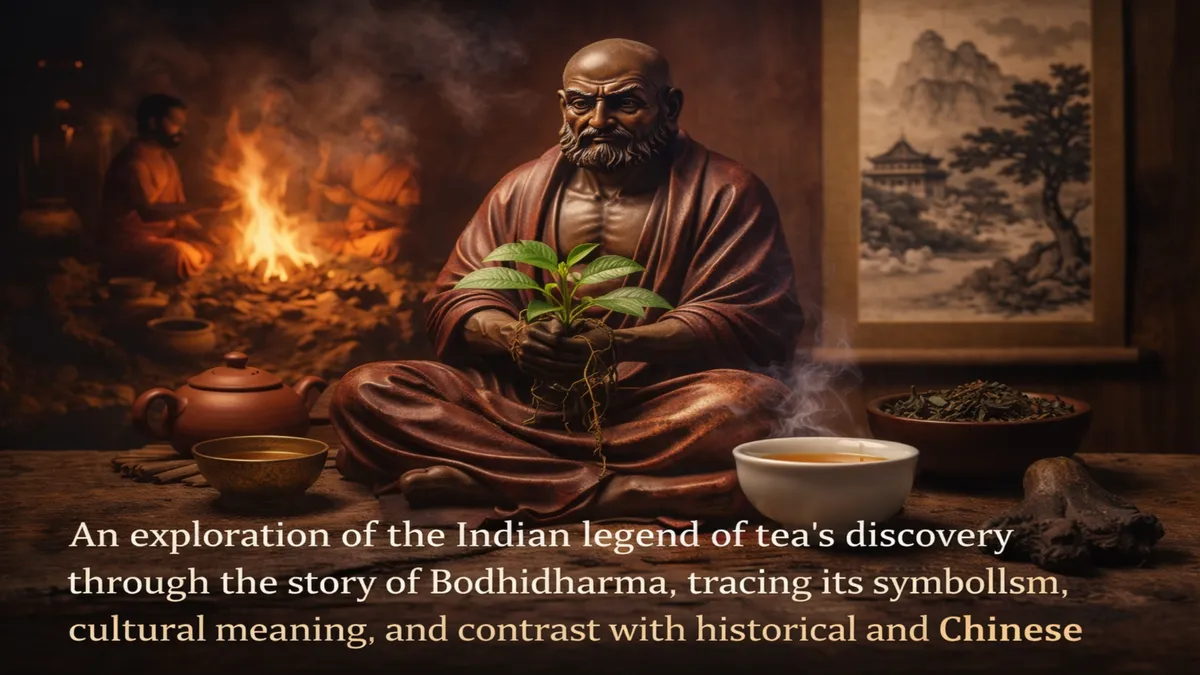The digital landscape is constantly evolving, and recently, one hashtag has ignited a fiery conversation: #EndWokeness. As Twitter users rally around this phrase, its implications ripple through online discourse like never before. What does it mean to “end wokeness,” and why are so many people drawn to the movement? This blog post delves into the origins of #EndWokeness on Twitter, explores its impact on discussions across the platform, and analyzes varied reactions from influencers and everyday users alike. Whether you’re an active participant in these conversations or simply curious about their significance, this exploration will shed light on a topic that’s capturing attention everywhere online – End Wokeness Twitter.
The Rise of ‘End Wokeness’ on Twitter: What It Means for Online Discourse
The hashtag #EndWokeness has surged in popularity on Twitter, becoming a rallying cry for individuals who feel overwhelmed by political correctness and social justice movements. This trend reflects a growing sentiment among users who believe that the principles of “wokeness” have gone too far, stifling honest discourse – End Wokeness Twitter.
As this movement gains traction, it challenges traditional narratives about inclusivity and activism. Supporters argue that the backlash against wokeness promotes free speech and open debate. However, critics warn that dismissing these conversations could hinder progress on vital social issues.
In this polarized environment, online interactions are increasingly defined by extreme viewpoints. People are either embracing or vehemently opposing the concept of wokeness, creating an atmosphere where nuanced discussions often take a backseat to heated exchanges.
Understanding the Origin of #EndWokeness
The #EndWokeness movement gained traction as a response to perceived excesses of political correctness and social justice activism. Many users on Twitter began to express their frustration with what they viewed as overreach in terms of cultural sensitivity and identity politics.
This hashtag emerged around 2021, fueled by various high-profile incidents in media, academia, and corporate environments that sparked debates about free speech versus social responsibility. Supporters argue it champions a return to open dialogue without fear of backlash.
As the conversation evolved, the term “woke” shifted from its original meaning—rooted in awareness of social injustices—to something negative for many who felt stifled by cancel culture or dogmatic ideologies. This rebranding helped galvanize individuals seeking change on platforms like Twitter – End Wokeness Twitter.
Exploring the Impact of #EndWokeness on Twitter Discourse
The hashtag #EndWokeness has emerged as a rallying cry for those who feel overwhelmed by what they perceive as excessive political correctness. Its rise on Twitter reflects a growing desire for more open dialogue and less censorship in conversations surrounding social issues. As users engage with this movement, the tone of discussions is shifting dramatically.
Supporters argue that #EndWokeness fosters healthier debates, encouraging people to express their views without fear of backlash. Critics, however, contend that it often dismisses genuine concerns related to social justice. This tension creates an environment ripe for conflict but also sparks deeper inquiries into the nature of free speech online.
As tweets fly back and forth under the #EndWokeness banner, many are left wondering how these evolving conversations will shape future interactions on Twitter. The digital landscape is becoming increasingly polarized yet simultaneously more dynamic – End Wokeness Twitter.
Analyzing Reactions and Responses to #EndWokeness
The #EndWokeness movement has sparked a firestorm of reactions on Twitter. Supporters praise it for advocating personal freedom, arguing that excessive political correctness stifles genuine conversations. They feel empowered to speak their minds without the fear of being ‘canceled’ or ridiculed.
Conversely, critics view #EndWokeness as a thinly veiled attempt to undermine social progress. Many believe it promotes harmful ideologies that dismiss marginalized voices and issues. This division creates an intense battleground where both sides fiercely defend their viewpoints.
Amidst this polarization, influencers play a crucial role in shaping narratives surrounding the hashtag. Some amplify its message while others challenge its validity, leading to further engagement and debates across the platform. As discussions evolve, the implications for online discourse become increasingly significant – End Wokeness Twitter.
The Role of Influencers and Advocates in the #EndWokeness Movement
Influencers and advocates have become pivotal in the #EndWokeness movement on Twitter. Their reach amplifies messages that resonate with a growing audience weary of what they perceive as excessive political correctness. By sharing personal anecdotes and critiques, these figures create relatable narratives that make complex issues more digestible.
Many influencers utilize their platforms to challenge mainstream narratives surrounding social justice. This has sparked conversations among followers who may feel similarly but lack the channels for expression. The engagement levels often skyrocket, showcasing not just support but also dissent – End Wokeness Twitter.
Twitter serves as a battleground where these advocates mobilize like-minded individuals, fostering communities around shared beliefs. Hashtags trend due to collective action, transforming individual voices into a chorus challenging wokeness in various forms across society.
Challenges and Controversies Surrounding #EndWokeness
The #EndWokeness movement on Twitter has sparked significant debate. Critics argue that it promotes a dismissive attitude towards genuine social issues, potentially undermining important conversations about equality and justice. This backlash raises questions about the authenticity of those who participate in the hashtag.
Moreover, many believe the movement oversimplifies complex societal challenges. The term “woke” itself often carries different meanings for various groups, leading to confusion and division rather than unity. Social media platforms can amplify extreme voices on both sides, complicating discussions further.
Supporters of #EndWokeness claim they are advocating for free speech and individual rights. However, detractors warn that this could lead to silencing marginalized communities’ experiences under the guise of promoting open dialogue. The tension illustrates how online discourse has become increasingly polarized around these pivotal debates – End Wokeness Twitter.
The Future of Online Discourse in the Era of ‘End Wokeness’
The era of ‘End Wokeness’ is shaping the future of online discourse in unpredictable ways. As more individuals rally against perceived excesses of political correctness, conversations are becoming bolder yet more polarized. This shift encourages users to express dissenting opinions without fear, but it also risks deepening divisions.
Platforms like Twitter have become battlegrounds for competing ideologies. Users increasingly engage with content that resonates with their beliefs while dismissing opposing viewpoints as overly woke or intolerant. Such an environment can stifle nuanced discussions and reduce complex issues to black-and-white arguments – End Wokeness Twitter.
As this movement gains traction, we may witness a reconfiguration of social media dynamics. Emerging influencers could reshape narratives around accountability and representation, leading to a new form of dialogue—one that challenges conventional norms while grappling with the consequences of pushing back against wokeness.
Conclusion
The rise of the #EndWokeness movement on Twitter marks a significant shift in online discourse. It has opened up new avenues for discussions around cultural sensitivity, political correctness, and social accountability. As voices rally against what they perceive as excessive wokeness, it raises questions about freedom of expression versus societal responsibility.
This evolving conversation suggests that users are eager to redefine their digital interactions. The complexities surrounding #EndWokeness reflect deeper societal tensions and values that continue to shape our public dialogues.
As this trend grows, we can expect ongoing debates about its implications for communication standards and community norms across various platforms. Whether viewed as a necessary pushback or an overreaction, one thing is clear: the conversations sparked by #EndWokeness are here to stay. They will influence how we navigate relationships in both virtual spaces and real life moving forward – End Wokeness Twitter.





